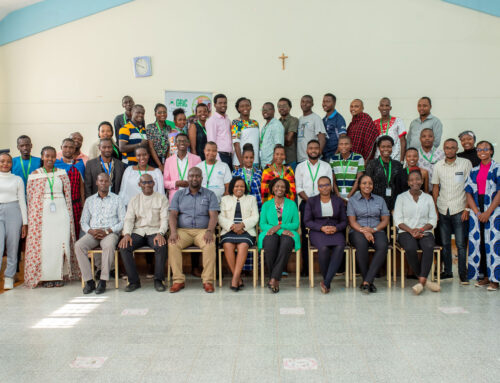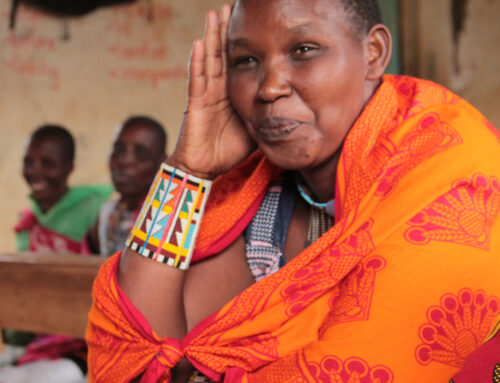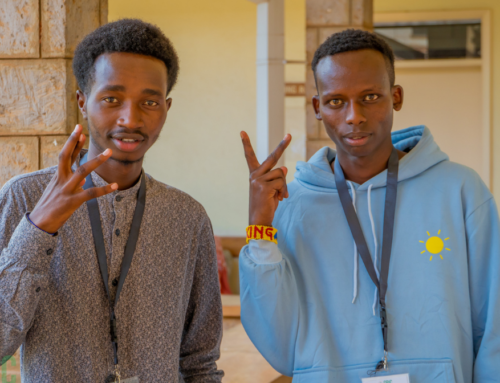The Context
COVID-19 pandemic contributed to widening the inequality gap between children from high- and low-income families in accessing education of high quality. The Kenya government introduced an e-learning program that was accessible through various platforms such as television, radio, smart phones, YouTube, and the Internet. Sadly, these devices were only accessible to students from well-resourced families. Majority of Kenya’s children from low-income families and from left out communities, such as the pastoralists could not afford to engage in learning. Failure to do so meant leaving them further behind in education and therefore diminishing their opportunities to succeed in school and consequently in life in general.
Our solution
Our education intervention focuses on bringing all the key players required to create an enabling learning environment, harnessing, and focusing all their efforts to the success of the child. We believe that for a child to succeed, parents, teachers and the community must work in synergy and complement each other’s efforts.
I. Level-based learning
GRIC has responded to the challenge of strengthening students’ foundational literacy skills targeting learners in grades 3-5 using a level-based learning model that borrows from the TaRL methodology. It’s a fun, after-class activity implemented in 30-50 days. Learning sessions are spread over a period of 30-50 days with short breaks. Depending on the context, classes take place after school hours, on weekends and during school holidays.
Learners are first assessed and grouped according to their literacy ability levels (i.e., beginner, the word, and the paragraph levels) and not according to their grade level or age. Learning activities are implemented for 10 days after which another assessment is conducted. Those who qualify, move on to the next level reading level.
Since July 2020, an estimated 6,000 learners have been impacted by our LBL program. We have also trained 250 facilitators including local government officials on how to implement the methodology. 85% of the learners reached have transitioned from one reading level to the next.
To sustain the impact of our LBL program and entrench the culture of reading, we regularly distribute story books and other teaching and learning materials to our partner primary schools.
II. Intentional parental engagement to support learning
Our parental engagement strategies leverage on existing family and community structures to extend learning beyond the confines of the classrooms. These includes leveraging on technology, peer-to-peer, and family-based learning strategies leaning on our African social way of living such as fire side storytelling and reading aloud.
We offer training to parents in our communities on the basics of proper parenting, understanding their children, engaging with teachers, and how to effectively support learning at home. We also train teachers on how to create a non-intimidating school environment that is welcoming and allows holistic learning and engagement with parents.
III. Girls’ Mentorship
Our partners implement their programs in some of the most underserved communities in the region. The adversities in the implementing locations disproportionately expose girls in our partner primary schools to challenges in staying in the education cycle. We support our partners with technical support to implement a life-skills program that equips girls with the skills to not only cope but thrive in the education cycle.
IV. Strengthening school leadership structures
We are implementing school leadership training across our partner schools aimed at making school management structures aware of and enabled to properly execute their roles. Enabling these important decision-making organs to be effective ease the process of initiating and sustaining change in underserved schools and communities.



